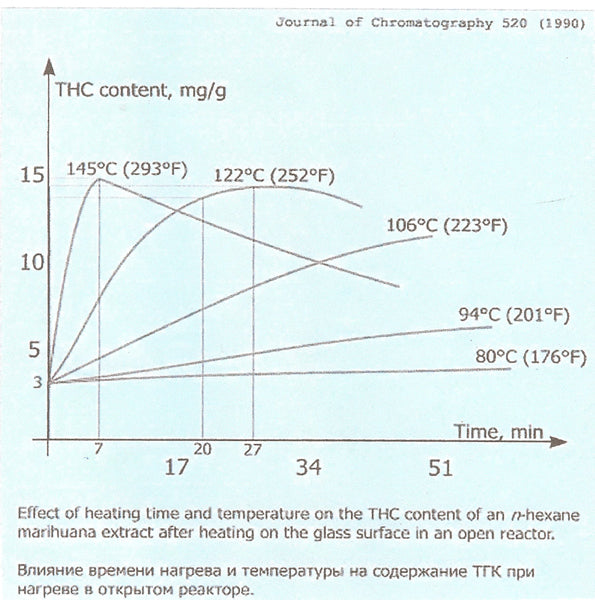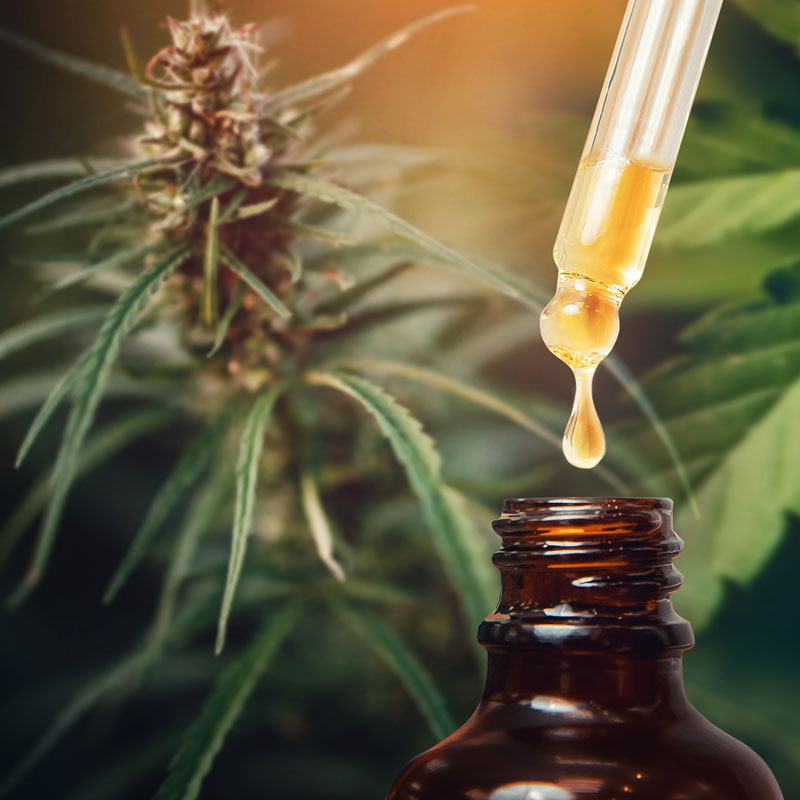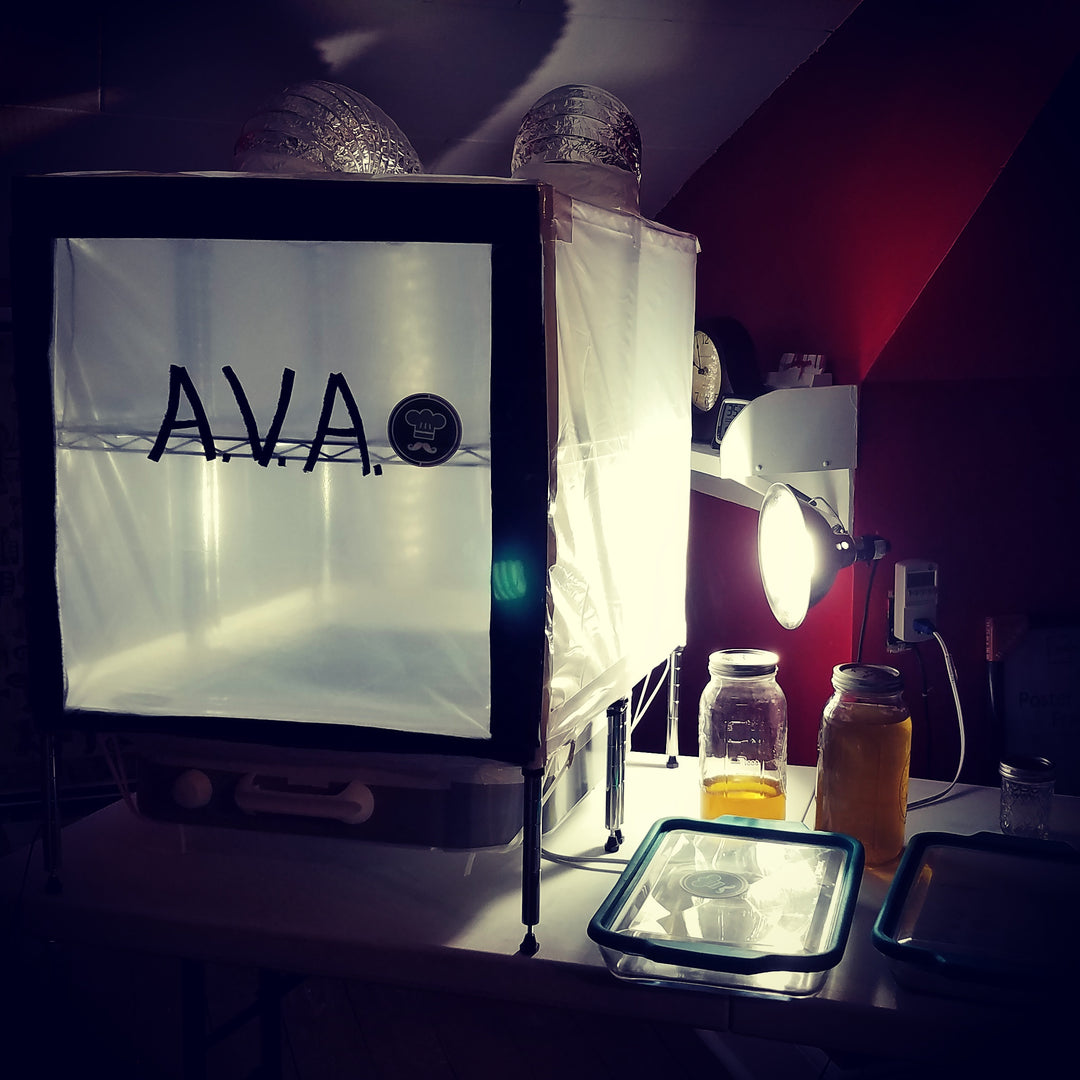Your Comprehensive Guide to Cannabis Tinctures and Extracts

Crafting high-quality homemade cannabis tincture, extracts, and concentrates is easy to do at home using various methods. Techniques such as shaking, pressing, and employing different solvents have been used for centuries to isolate the active compounds (cannabinoids like THC, CBD, and others) from the leaves, stems, and flowers of the cannabis plant. Making tincture, extract, or concentrates from cannabis is simple, but there are many different methods and recipes which can product dramatically different results
What is a Cannabis Tincture?
A cannabis tincture is any liquid extract made by soaking cannabis plant material in a solvent, such as food grade alcohol, to draw out its active compounds like cannabinoids (THC, CBD) and terpenes. The result is a concentrated, versatile solution that can be taken sublingually, added directly to food or drinks, or used as an ingredient in other cannabis-based products, thereby offering users a smokeless and efficient method of consumption.
Cannabis Tinctures vs Extracts
There is a difference between cannabis tinctures and cannabis extracts, though the terms are often used interchangeably.
Cannabis tinctures specifically refer to the liquid that results from soaking cannabis in a solvent to create a solution that can be consumed directly or sublingually.
Cannabis extracts, on the other hand, is a broader term that encompasses a variety of concentrated cannabis products made through different extraction methods, including but not limited to the use of food grade alcohol, CO2, butane, or other solvents. Extracts can take many finished forms, such as oils, waxes, shatter, or hash, and often have a higher potency compared to tinctures. The main difference lies in their preparation methods, consistency, and how they are used or consumed.
Are Cannabis Tinctures and Extracts Considered "Concentrates"?
Concentrates is an umbrella term that encompasses all products that have a higher concentration of cannabinoids than the original cannabis plant. This includes extracts as well as other non-solvent methods of concentrate such as dry-sift kief or rosin made through mechanical processes like heat and pressure. Concentrates are known for their very high potency and are often used in vaping, dabbing, or incorporating into edibles. The consistency of concentrates can vary widely, from sticky oils and waxes to hard, glass-like shatter or even crystalline structures sometimes referred to as diamonds.
Is RSO (Rick Simpson Oil) a Cannabis Extract or Concentrate?
RSO, or Rick Simpson Oil, is best classified as a cannabis concentrate, though it is also an extract by definition. RSO is made using a solvent-based extraction process, typically with high-proof ethanol, which pulls out the cannabinoids, terpenes, and other beneficial compounds from the cannabis plant. The result is a thick, potent oil that is concentrated in its levels of THC and other cannabinoids, setting it apart from less potent tinctures or extracts. Unlike many other concentrates, RSO is often produced using the entire plant, which contributes to its full-spectrum properties and high potency. Its primary use is for medical and therapeutic purposes, and it is well-known for its potential benefits due to the comprehensive range of compounds it contains.
Choosing a Solvent for Cannabis Tinctures, Extracts, & Concentrates
When making tinctures, extracts, or concentrates from cannabis, knowing about different types of solvents is important.
What is a solvent (when it comes to cannabis tincture)?
A solvent is any liquid used to extract desirable compounds, such as cannabinoids and terpenes, from the cannabis plant. Solvents dissolve these compounds and create a solution, allowing them to be separated from the plant material for further use.
Solvents are classified as either polar or non-polar, and this affects what they can extract from plants like cannabis.
Polar Solvents Polar solvents have molecules with positive and negative charges. This helps them dissolve other substances that also have charges or special bonds like sugars or salts. For example, water can easily mix with other polar substances but does not do well with oils or fats.
- Water is a well-known polar solvent. It’s great at dissolving substances that have a charge, but it isn’t good at extracting oils and resins found in cannabis. This is why water isn’t usually used for making cannabis tinctures.
- Glycerin is also a polar solvent, but not as strong as water. It’s thicker and often used for making glycerite tinctures. While it can dissolve some substances, it doesn’t work as well as alcohol for extracting cannabinoids.
Non-Polar Solvents Non-polar solvents have molecules with an even spread of electrons, so they don’t have positive or negative sides. These solvents are best for dissolving oils and plant resins.
- Ethyl Alcohol (Ethanol) is special because it has both polar and non-polar properties. This means it can dissolve many different types of substances, including cannabinoids and terpenes from cannabis. That makes it a great choice for making powerful tinctures and extracts.
- Fats and Oils (MCT, Olive Oil, Hemp Seed Oil) are non-polar substances only. Unlike ethyl alcohol, which has both polar and non-polar properties, fats and oils do not have any polar characteristics. This non-polar nature makes them great for dissolving other non-polar substances, like cannabinoids and essential oils. However, they do not mix well with polar solvents like water or glycerin.
How to Choose Alcohol for Cannabis Tinctures, Extracts, and Concentrates
Ethanol is a unique type of alcohol that is safe for human consumption when properly distilled and purified. While all alcohols share similar chemical structures, not all are suitable—or safe—for internal use, like ethanol. For example, isopropyl alcohol and methanol are other types of alcohols that are toxic to humans and should never be ingested or used for making tinctures. Even small amounts of these other alcohols blended into ethanol can be harmful or deadly.
Ethanol, also known as ethyl alcohol, stands out as the only type of alcohol that is safe to use in food, beverages, and herbal tincture recipes. When choosing an alcohol for making cannabis tinctures or extracts, it’s essential to ensure that it is pure food-grade ethanol or beverage-grade alcohol. This guarantees that the alcohol is safe for consumption and free of any toxic additives or contaminants.
Always read labels carefully and avoid any products labeled as denatured alcohol, which always contain chemicals specifically added to make them unfit for human consumption.
Understanding this difference in alcohol types or blends is crucial for producing safe, high-quality cannabis tinctures and extracts.
Key Factors for Choosing the Best Alcohol for Cannabis Tinctures, Extracts, and Concentrates
When selecting an alcohol for making cannabis tincture, consumers should consider the following key factors:
-
Type of Alcohol: Ensure that the alcohol you choose is pure ethyl alcohol (ethanol). Ethanol is the only type of alcohol that is safe for consumption and suitable for tinctures. Avoid other types of alcohol, such as isopropyl alcohol or methanol, as they are toxic and not safe for internal use.
-
Purity: Choose food-grade or beverage-grade ethanol to ensure that the alcohol is safe, high-quality, and free from contaminants or additives. It should be clearly labeled as “non-denatured” or “undenatured” ethanol. These terms indicate that the alcohol does not contain any chemicals added to make it unfit for consumption.
-
Proof or Strength: The strength of the ethanol you use matters for when making tinctures with cannabis. Look for high-proof ethanol, indicated on the label using words such as 190 proof (95% ABV) or 200 proof (100% ABV). The higher the proof, the better the solvent capabilities, as THC and other cannabinoids will not dissolve into water.
-
Additive-Free: Ensure that the alcohol is additive-free, with no artificial flavors, colors, or chemicals. This is especially important for achieving a clean, pure extraction without unwanted substances that could affect the flavor, quality, or safety of the final product.
-
Certifications: If organic production matters to you or the status of your final product, look for USDA Certified Organic alcohol as your solvent. This certification ensures that the alcohol meets strict quality and purity standards and has been processed according to organic guidelines.
-
Source Transparency: Choose a product from a reputable supplier that provides transparency regarding the production and source of their alcohol. Reliable suppliers often include a Certificate of Analysis (COA) to verify the solvent's purity and quality claims.
Benefits of Working with Alcohol for Cannabis Tinctures, Extracts, and Concentrates.
Creating high-quality cannabis tinctures with 200 proof alcohol is a straightforward process. Simply combine dried cannabis buds and stems with food-grade alcohol, allow the mixture to steep, and strain it to separate the liquid tincture. The reason alcohol is so effective is that cannabinoids are highly soluble in 200 proof alcohol, dissolving rapidly into the solution. While there is technically no minimum or maximum soaking time—since the first molecule of cannabinoids begins dissolving upon contact—quick soaks primarily extract cannabinoids from the trichomes. On the other hand, longer soaks will result in a full-spectrum extract that includes other plant compounds, such as chlorophyll and plant waxes. For a more detailed, step-by-step guide, check out our 3-Minute Quick Wash with Cannabis Recipe.
Alcohol is Faster Than Oil or Glycerin
Using alcohol as a base for tinctures is significantly faster than working with oil or glycerin. While these other mediums require extended soaking periods, alcohol extracts cannabinoids and the waxy trichome heads and stalks within minutes. In fact, 200 proof alcohol starts the extraction process almost immediately upon contact, fully dissolving all present trichomes within just a couple minutes, even at very cold temperatures.
Alcohol Extracts Effectively at Warm and Cold Temperatures
The chemical properties of 200 proof alcohol make it highly effective even at lower temperatures, which can improve the overall quality of your tincture. By performing extractions at cold temperatures, unwanted plant compounds such as chlorophyll and plant waxes are minimized, leaving a more refined, cannabinoid-rich tincture. This method produces a golden-yellow tincture instead of a vivid green one, indicating reduced chlorophyll extraction. Additionally, tinctures made with cold alcohol tend to be clearer and less cloudy, thanks to the limited extraction of plant waxes and oils present within the leaves and stems of the cannabis plant.
For cold extraction to work effectively, ensure that the entire process, including all equipment and ingredients, stays below freezing throughout the extraction period. The benefits of cold extraction continue to improve as the temperature drops, with optimal results around -50°F. For more in-depth information and visual examples of cold extraction setups, visit our upcoming page on The Impact of Temperature on Tincture Extraction (posted soon).
No Shaking or Agitation Required
Contrary to popular belief, making cannabis tinctures with 200 proof alcohol does not require constant shaking or agitation. The extraction process relies on chemical interaction rather than mechanical force. After the initial mixing to ensure that the alcohol covers all the cannabis material evenly, further shaking or stirring offers no additional benefits. The alcohol naturally penetrates the plant material and dissolves the desired compounds through diffusion, leading to an even distribution of cannabinoids without the need for continuous movement.
It’s recommended to give the mixture a single, thorough stir or shake at the start to make sure the alcohol fully covers the cannabis you are tincturing. After this initial step, the process of diffusion takes over, efficiently extracting the active compounds without any need for further agitation. Unless agitation is so vigorous that it increases the mixture’s temperature—which is unlikely—shaking will not speed up the process or enhance potency.









